
The Inspector General of Police has bemoaned Ghana's efforts, especially the corporate world in fighting cybercrime which has become one of the prevalent crimes in the country.
David Asante-Apeatu observes many institutions in the country are either not ready or do not have the requisite capacity to identify and detect cybercrime related-incidents.
Speaking at the inauguration of a Digital Forensic Laboratory at the KNUST, the IGP urged investments in the area of technology to fight cybersecurity in order to guarantee the nation's security.
Ghana has one of the best cybercrime legislation, the Electronic Transactions Act, 2008.
But the complex nature of dealing with highly digitalized crimes such as cyber fraud in the absence of skill-set is a setback.
The introduction of e-payment and cashless systems , mobile money, among others has led to significant rise in cyber-related threats in Ghana.
The IGP says frantic efforts should be made to invest more in technology to guarantee safety and security of the people.
"Cybercrime has become one of the most common and prevalent crimes that Ghana is experiencing. Apart from the various forms of cyber crimes such as cyber fraud that we all know, the role of computers and internet in other contemporary and emerging crimes play a significant role in criminal activities such as child trafficking, drug trafficking, terrorism, cross-border crimes and money laundering, among others.
"Many institutions do not have established and forensic ready IT infrastructure and systems to identify and detect incidents when they do occur, " he said.
The Digital Forensic Laboratory, a collaboration between the KNUST and the e-Crime Bureau, a cybersecurity and investigations firm will offer forensic examination services to agencies to private and public institutions.
It will also offer post-graduate students hands-on training in crime scene investigations, cybercrime and digital terrorism, among others.
"It is for a fact that the emergence of IT-facilitated crimes has become one of the many challenges confronting adjudication of criminal offences especially with presenting satisfactory evidence in the court of law to ensure a successful prosecution.
'The discipline of digital forensics will equip our police force, other law enforcement agencies, the courts and businesses to mention a few to deal with this menace," the IGP said.
Vice Chancellor of KNUST, Prof Kwasi Obiri-Danso told the launching ceremony the university is on the path to make an impact on the socio-economic lives of Ghanaians.
"You cannot arrest any thief now with just looking at the face and say that you look like a thief. It will not end anywhere. And even when the person has been caught stealing, they ask you for evidence. So we thought what are some of the things we could do".
Principal Consultant of the e-Crime Bureau Mr. Alex Oppong who deputised for the founder of e-Crime Bureau, Albert Antwi Boasiako said the laboratory will relieve students the burden of travelling to Accra for practical attachments.
Read Full Story




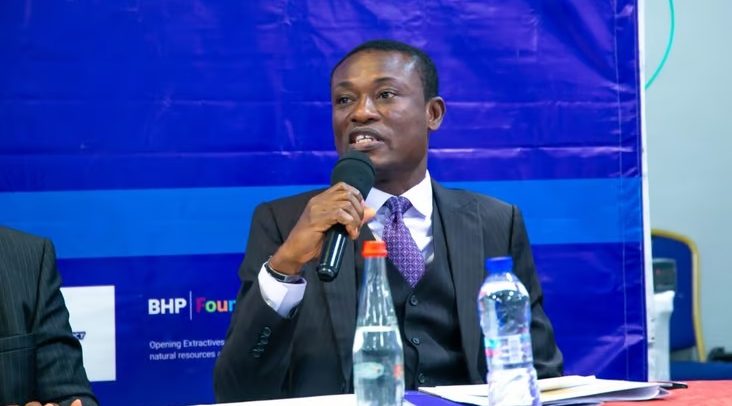





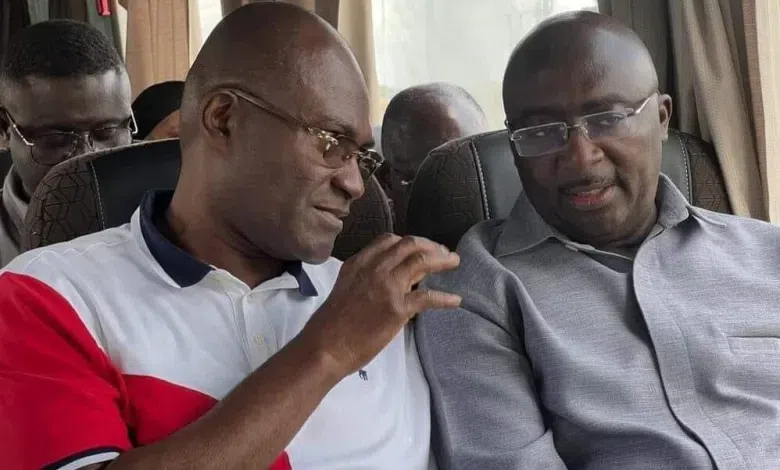


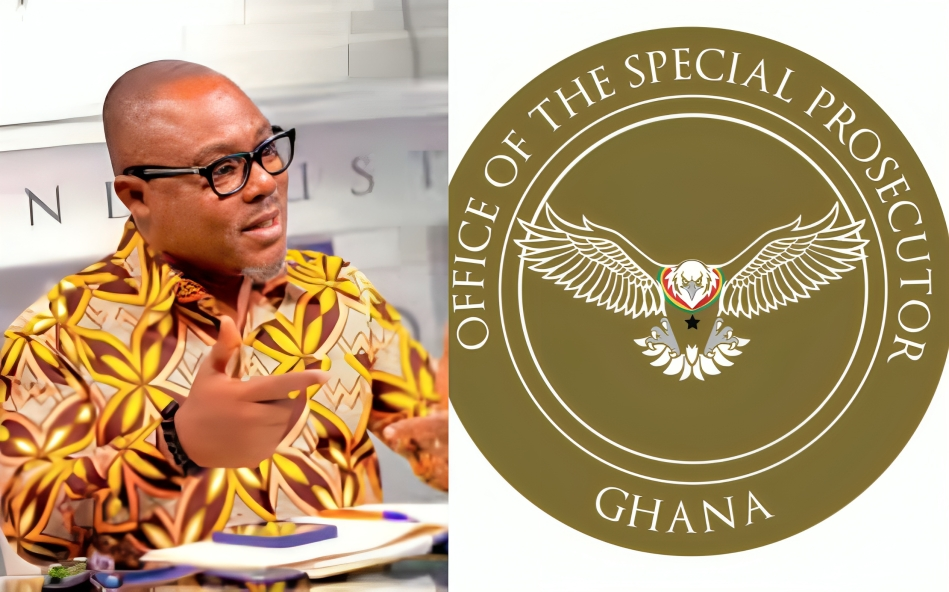



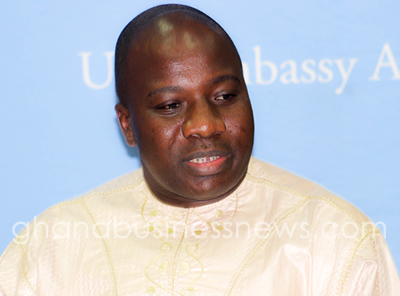


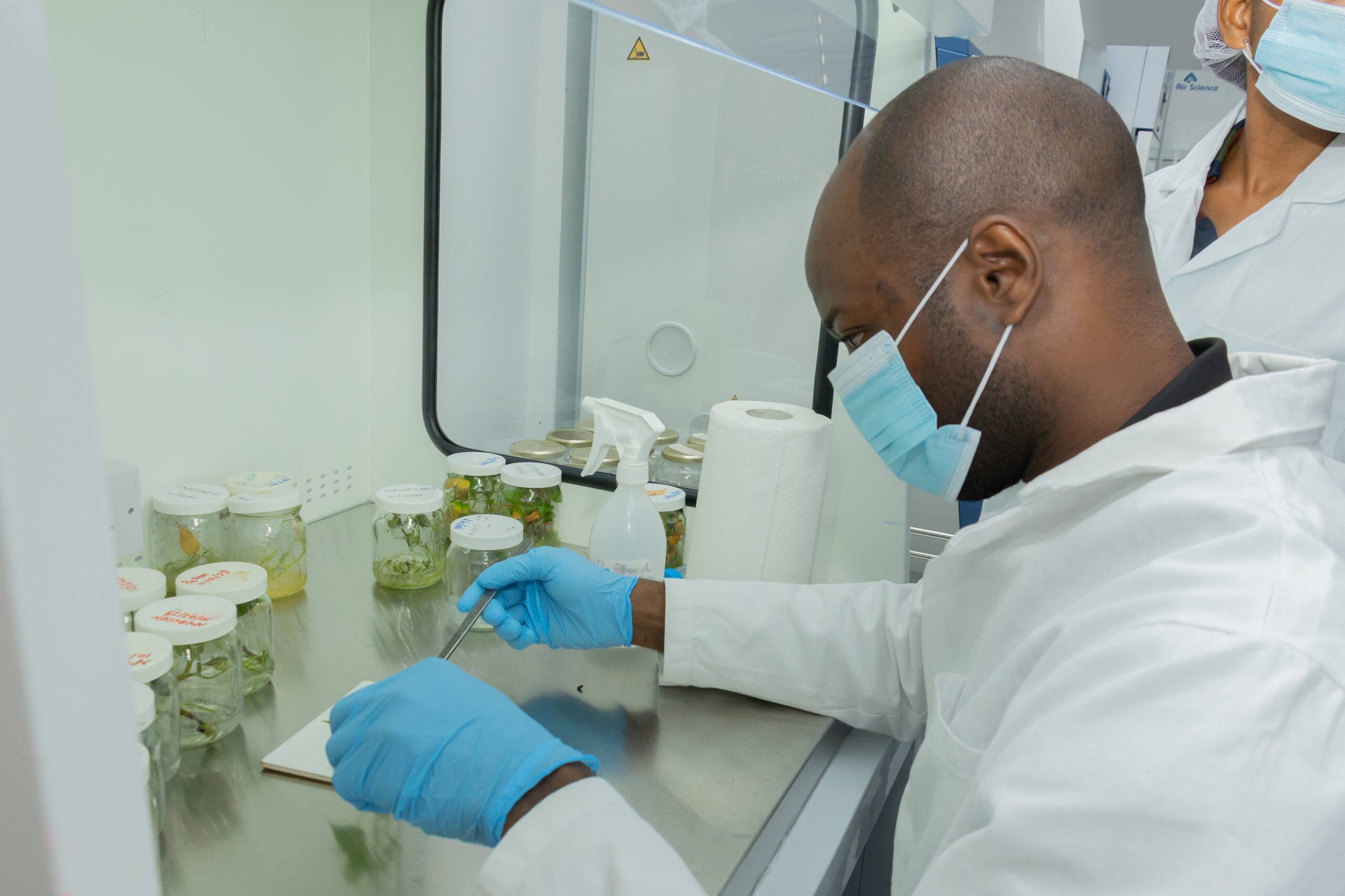
Facebook
Twitter
Pinterest
Instagram
Google+
YouTube
LinkedIn
RSS